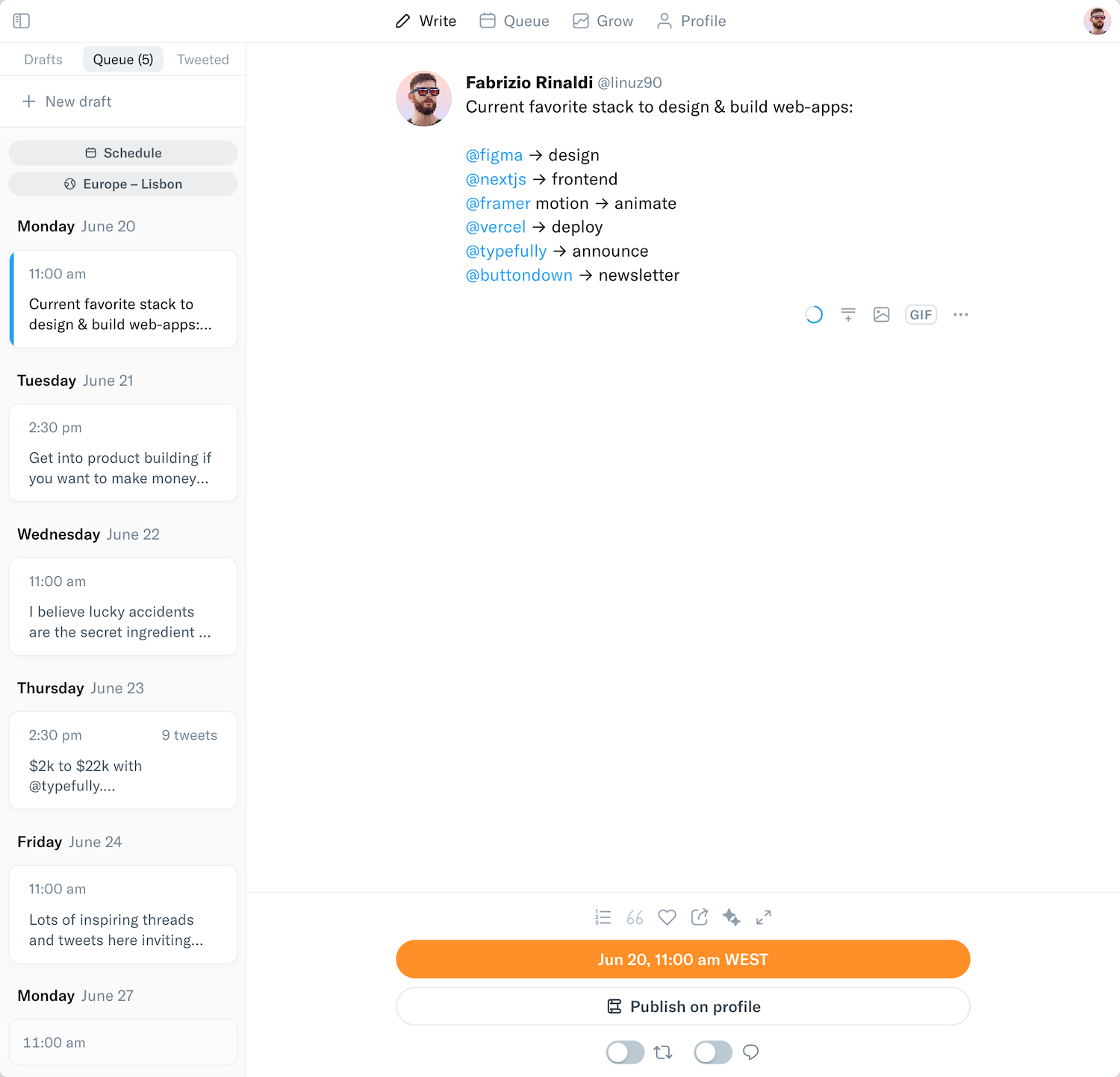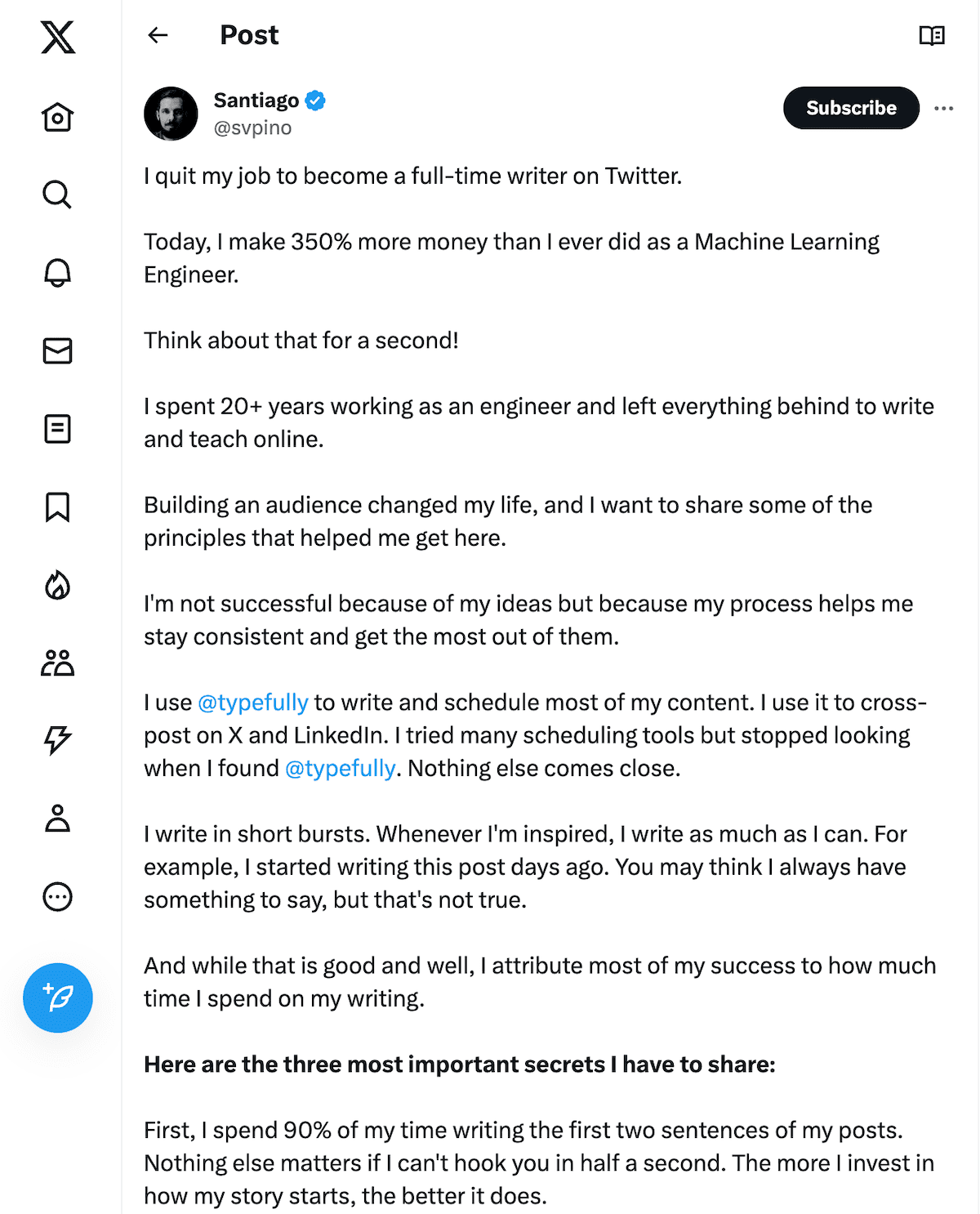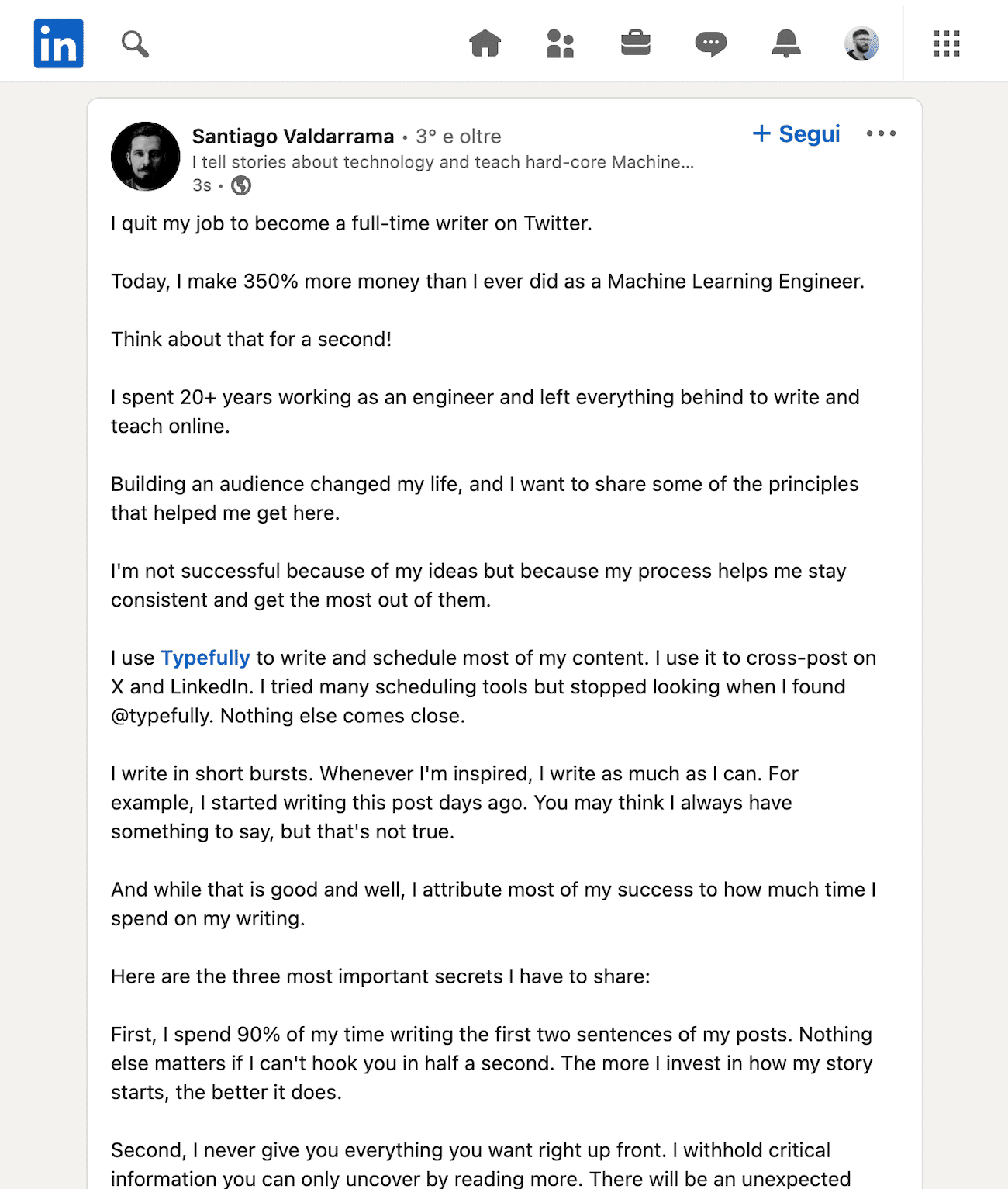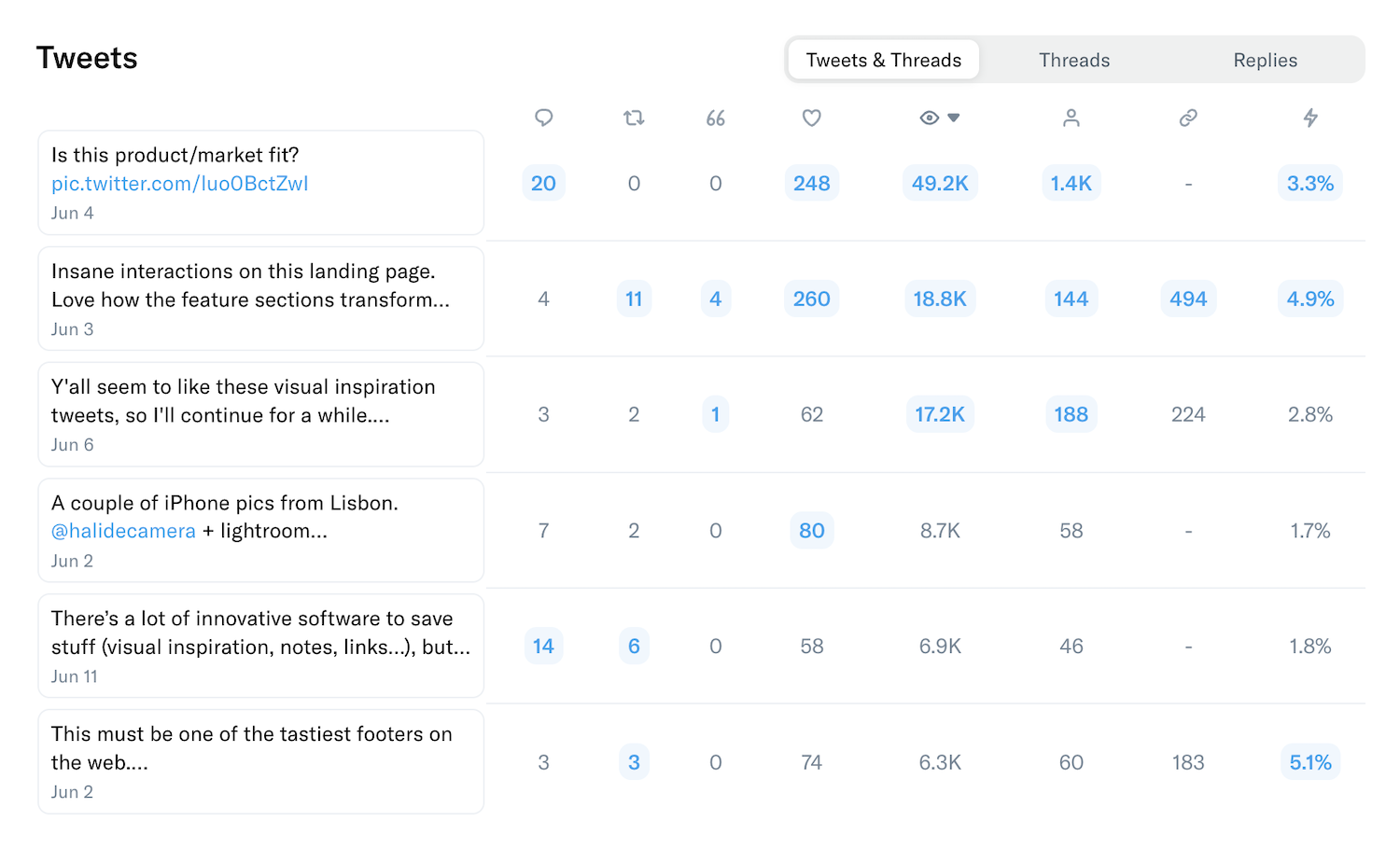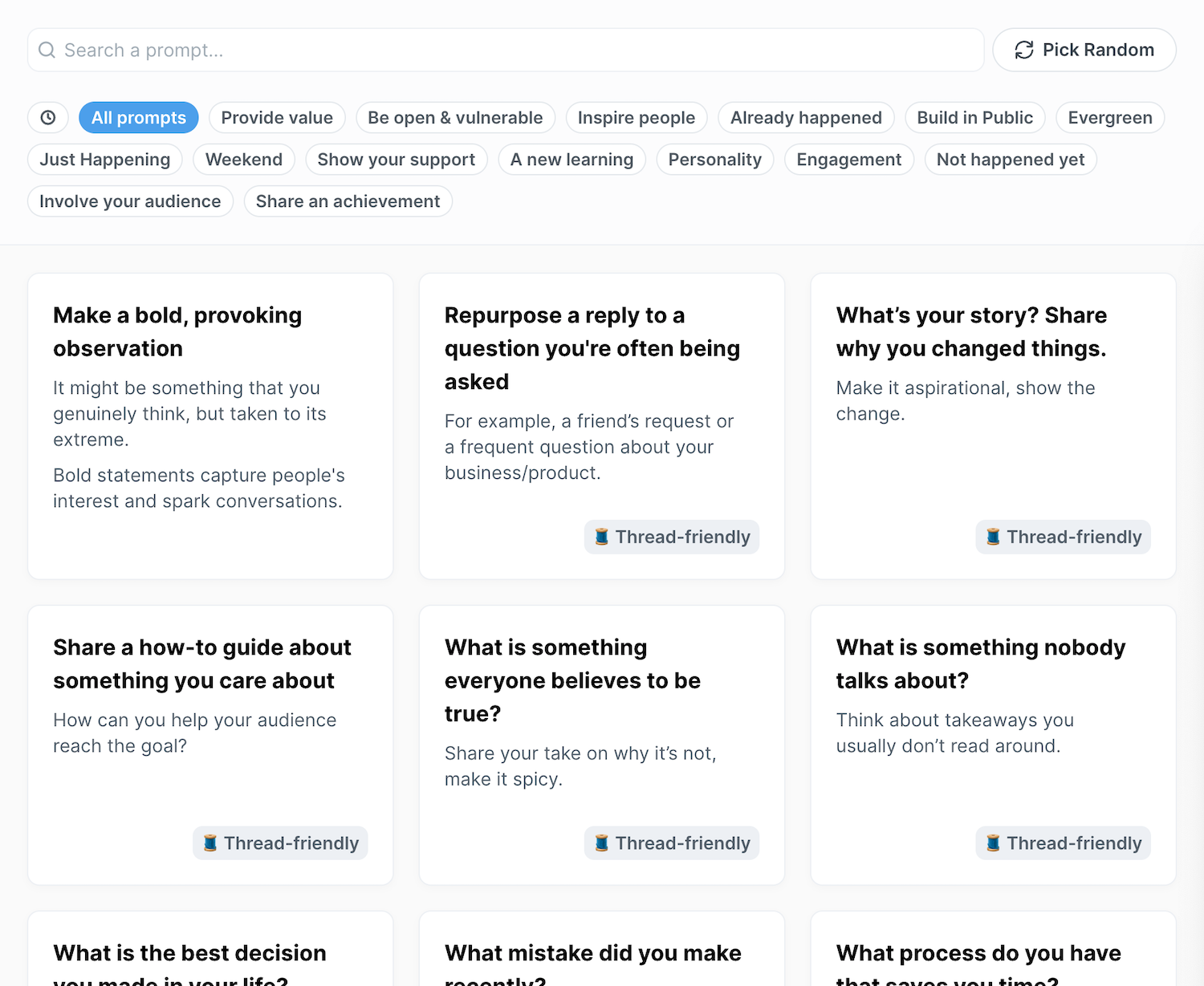A police officer acquired 37 units in 4 years.
And is now making $8k per month cash flow income from it.
yeah 😲
A thread explaining his tactics 🧵👇
Usually, you only hear stories of big-time RE investors making millions.
And a lot can be learned from those who have achieved tremendous scale.
But to me, nothing has been as refreshing and inspiring as coming across people living under the radar and leveraging RE investing in living a very fulfilling life.
I learn way more!
This thread attempts to radiate one such story I encountered.
My goal is simply to educate and motivate without taking any stance.
Everyone is different, so please be thoughtful about the risks.
Let's jump in.
I'll be sharing the story in a QnA style:
- to avoid including any bias
- because paraphrasing dilutes the insights
👉What is your cash flow income per month right now?
My portfolio cash flows around 8k per month currently.
👉When did you start doing REI? How many units do you have?
My first accidental live-in flip was 2012-2015. I was hooked and started saving while learning on the side.
It took me almost 2 years to save enough cash and find the right property in the right location to be comfortable enough to pull the trigger. My current portfolio is 7 rental properties totaling 37 apartments and 15 storage garages.
👉At what cash flow income, would you consider quitting your full-time job (if you wanted to)and have the lifestyle you want?
My goal is 10k per month total, 5k net for myself personally (after paying partners). I should hit that when my current projects are completed.
👉How many hours per week do you devote to REI? How many hours do you work on your W2 job?
This varies dramatically based on what phases I am in of projects, leasing, renovations, new acquisitions, etc.
I would say on average, I spend about 5 hours a week managing my rented portfolio (communication with tenants, minor maintenance calls, etc.).
When we have major renovation projects ongoing (apartment turns, full gut renovations, etc), which I have 2 currently being renovated, the weekly time can be 20-30 hours or more.
If I have several vacancies come up at the same time, I have more time to lease to new tenants as well. Luckily, for the most part, my vacancies have been minimal. For my w-2 job as a police officer I typically work 40-50 hours a week.
👉What led you to get started in RE?
I have been a full-time police officer since 2012, and after about 3 years I looked around and realized that most of the older cops nearing retirement were all miserable. They were overweight, unhealthy, divorced several times, grumpy, etc.
They were living comfortable middle-class lives here in Cincinnati, Ohio, but almost none of them were happy people. Not to mention, after retirement most cops don’t live very long; the years of stress, lack of sleep, and unhealthy diets tend to kill you sooner than average.
I just knew that even though I enjoyed my career, I did not want to spend my life doing it, and end up the same way that they did. So I started making major changes in my life about 6 years ago to give me options, and one of them was learning about REI.
👉How much initial capital did you start with? How did you get this funding to invest?
The first duplex I purchased required 22k as a 25% down payment with conventional financing, I saved that money over 2 years while educating myself on real estate investing.
By the time I felt ready to buy and found the right deal, I had saved enough money to make it happen. I did not make a ton of extra money for savings each month, I usually was about to set aside $500 per month by cutting a lot of expenses at the time and living frugally.
👉What's been your strategy?
I have done a couple of live-in flips, but my main focus is to buy and hold small multi-family properties. I typically go after very distressed properties that require full gut rehabs.
I built a construction company a few years ago as an ancillary business for my investing, which has allowed me to take on massive renovation projects. We have done several rehab projects that were taken down to the frame and completely rebuilt.
After renovations, I am typically able to rent these apartments for the top of market rents, and refinance them to pull all or most of my capital out while remaining cash flow positive and use that capital again to fund new investment properties.
I have also had my real estate license since 2016 and I use that extra capital to fund my investments and also as a tool for finding on-market properties.
👉What's your buying criteria and how did you decide on it?
I typically buy in C neighborhoods, in my market B neighborhood do not tend to cash flow well, and D and F neighborhoods are much more management intensive with low-income tenants.
As for metrics, I look for a minimum of $200/door cash flow after fixed expenses (meaning everything except maintenance and Capex). I also look for a minimum 15% CoC return.
But since most of my deals are “BRRRR” deals, I am typically able to remove all or most of my capital after I refinance and my returns typically end up infinite.
👉Did you buy in an LLC when you were starting out? What was the reasoning behind it?
My first 3 properties were held in my and my ex-wife’s names only. I have since started holding title in an LLC because most of my financing now is from commercial lenders who prefer that model
I personally do not have any major preference, either way, I get strong insurance policies to reduce liability risk as well.
👉Did you have partners? How did you decide who to work with?
I got divorced in 2019 and as a result, my ex-wife stayed on as a silent partner on my first 3 rental properties.
We both agreed it made more sense to keep the properties as they cash flowed well, and now we split the cash flow and future equity if we sell or refinance. She is an accountant and also does my books, while I self-manage the properties.
I also partnered with another silent equity investor who put up the initial funding on an 8 unit property, we are 50/50 partners and I manage the property and manage the full gut rehab on the building.
I chose to work with him because he had offered to invest in other projects of mine and I wanted to build that relationship in the event that I had larger deals in the future that may need outside capital, so we had a good track record together.
👉Was there a turning point that helped you go faster? Or what was the best decision you made?
When I decided to pursue my real estate license. Initially, it was just so I could make my own offers and access the MLS.
It ended up becoming a nearly full-time career that quickly surpassed my W-2 police officer job in terms of income. After I leave my police job I will continue growing my agent business to help fund my investing business.
To a lesser degree, I did the same thing with my construction business, while it does provide some extra capital, the main benefit is having a team of full-time employees who work mainly on my major renovation projects, which can be done at cost.
This allows me to take on deals that would otherwise not be possible to complete.
👉What were your biggest fears? How did you get over them?
Fear of failure, fear of losing capital, letting my family down, etc. Eventually, I realized that staying where I was, being average, & not giving my kids a better life & an opportunity was more terrifying than my fears
👉What's been the hardest part of your journey so far?
Staying consistent. Real estate tends to come in waves; sales, renovations, acquisitions, and more. If I could systemize my businesses better, it would be more consistent and less feast or famine.
👉What were the biggest mistakes you made? If you had to start over, what would you do differently?
I have made countless mistakes, but one highlight… trusting contractors at their word. Always verify or have a third party verify if you do not know what you are looking at.
I have paid for services countless times that were either not completed or were done incorrectly that either I had to fix myself or pay someone else to do over. Always overestimate renovation costs. Most if not all of my rehab budgets go over budget,
There are so many variables in construction it's hard to manage. Delays, rising material costs, labor management, miscommunications, mistakes, code changes, inspector demands, and the list goes on.
All of these can drastically affect the total project costs, and much of it is out of your control. I have learned that the best way to mitigate this is always to have plenty of reserves over and above your worst-case estimates, you will need it!
👉What tools, apps, resources, skills, techniques, and habits were most useful to you?
Networking - joining private communities is so crucial. Podcasts, real estate, and business books, both written and audio. Without those, I would not even be close to where I am today.
Getting out there and doing face-to-face networking is critical; many of my good friends, clients, investors, and people who are where I want to be someday are people I met going to real estate meetups. You have to make meaningful connections to have success in this business.
👉What's your advice for W2 earners setting out to be their boss?
Make the leap of faith as early in life as possible. I waited until 25 to begin thinking bigger about my life aspirations, while 25 is certainly young;
I already had made many critical life choices and had obligations that made my journey much more difficult. I was married at 24, I had my first child at 26, we bought a massive house that ate up a ton of my investable capital each month.
If I could go back in time, knowing what I know now, I would have worked on my dreams and financial goals first, then built my lifestyle and family life around that.
It is much easier to take massive risks when you do not have a lot of bills and people relying on you, & even if you take massive risks and fail, you have the rest of your life to figure it out. So, no matter how old you are now, sooner is always better.
👉What are your future REI goals?
My first goal is to net 10k a month in passive income (personally, not counting my partner cut). I want to scale my businesses and invest to become more passive, and have people and systems in place to reduce my workload by about 90%
so I have the freedom and flexibility to travel and do the things I want to do with my family and friends. I plan to continue expanding my portfolio indefinitely as I enjoy value-add real estate for many reasons.
It is very rewarding to take a useless run-down property and bring it back to life to provide great housing options for our tenants.
I also want to have the free time and financial ability to give back in charitable ways, including spreading my experiences and education in financial literacy and wealth-building to others who are where I was 6 years ago.
👉What are you looking most forward to when you reach FI?
As I mentioned, my dream and “why” has always been to have the financial and time freedom that my parents did not have. I have a growing family and want 2 more children.
I want to be there for everything they do in life, and this will give me that opportunity. I want to travel and focus on my physical health more. I want to give back in several meaningful ways and focus on philanthropic efforts both financially and with my time and expertise.
That's a wrap!
✔️Please comment "more" if you want more stories like these.
Hope the story shows what's possible and that anyone can do it.
Also, note that the goal of this thread is to expand your purview.
I am not advocating that you should do the same.
Everyone is different, so please don't just blindly follow the insights here.
Consider your unique dynamics before picking your strategy.
If you want more of such stories/insights, join >5,000 subscribers on:
supermode.io/newsletter
